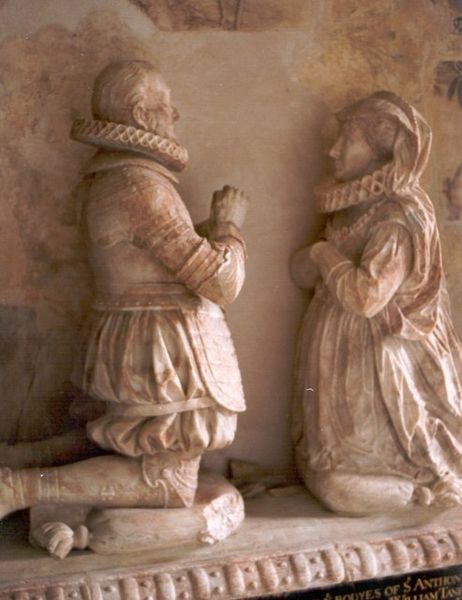
We’ve asked this question before, of course. But I’ve recently had the chance to re-consider it again, thanks to InterVarsity Press’s Letters to a Future Church Campaign, which wraps up tomorrow.
IVP is inviting Christians to pen a missive to the church of tomorrow, offering advice, apologies, critiques, and whatever else. Being a historian, I advised future churchgoers to pay attention to the past.
Here’s a taste of my advice:
Repeatedly throughout the Book of Deuteronomy, God issues an edict to the people of Israel: remember. “Remember your servants Abraham, Isaac and Jacob” (9:27, NIV). “Remember that you were slaves in Egypt” (15:15, 16:12, 24:18, NIV). “Remember how the LORD your God led you all the way in the wilderness these forty years” (8:2). “Remember well what the Lord your God did to Pharaoh and to all Egypt” (7:18, NIV). This call to remember also had present-day implications for the chosen: “Remember that you were slaves in Egypt and [that] the Lord your God redeemed you” (emphasis mine). God calls Israel to remember so that they might acknowledge God’s goodness and live more faithfully in the present.
God’s call to remember still has relevance today. For Christians now and in the future, the call to remember is ultimately a call to study and learn from those who have come before us. It is, in other words, a call to pay attention to the past, to the history of God’s church at work in the world. Studying church history is a powerful corrective to the sadly human inclination of assuming we are the smartest, most faithful, most missional Christians who’ve ever lived. Burdened as many of us are by the post-Enlightenment conviction that “new is always better,” we would do well to study the examples of the past faithful — and unfaithful — to discern how we can best incarnate the timeless truths of the Bible in our present context.
That’s why I think we should study church history. What about you?
